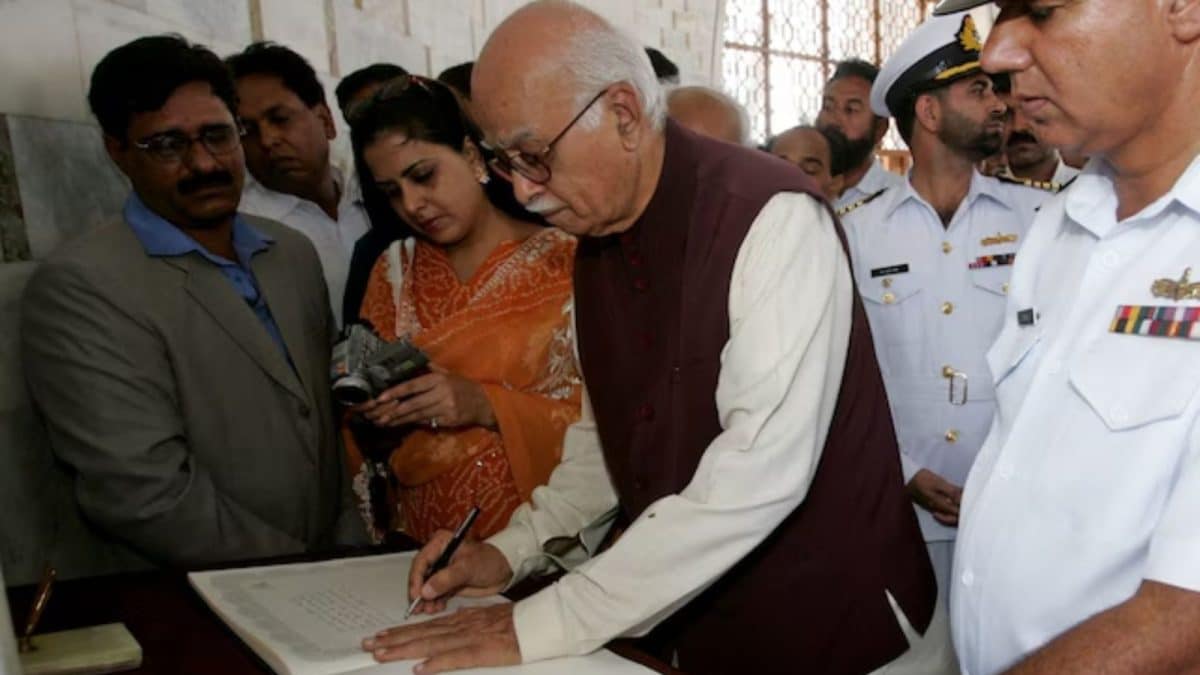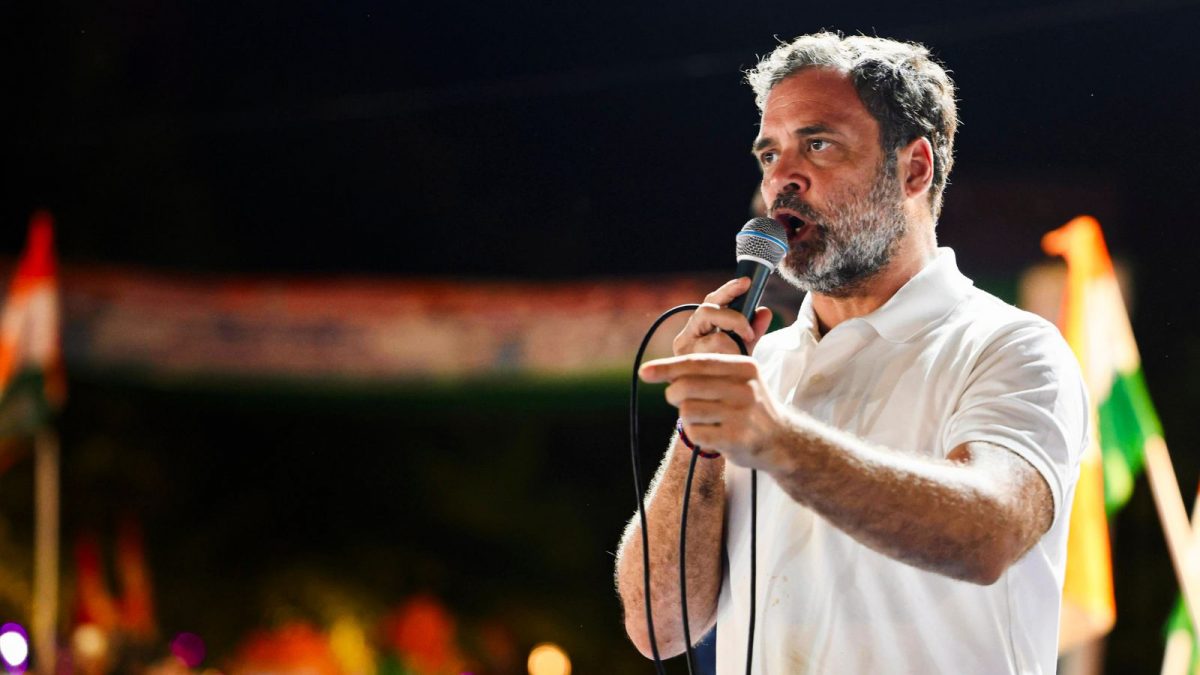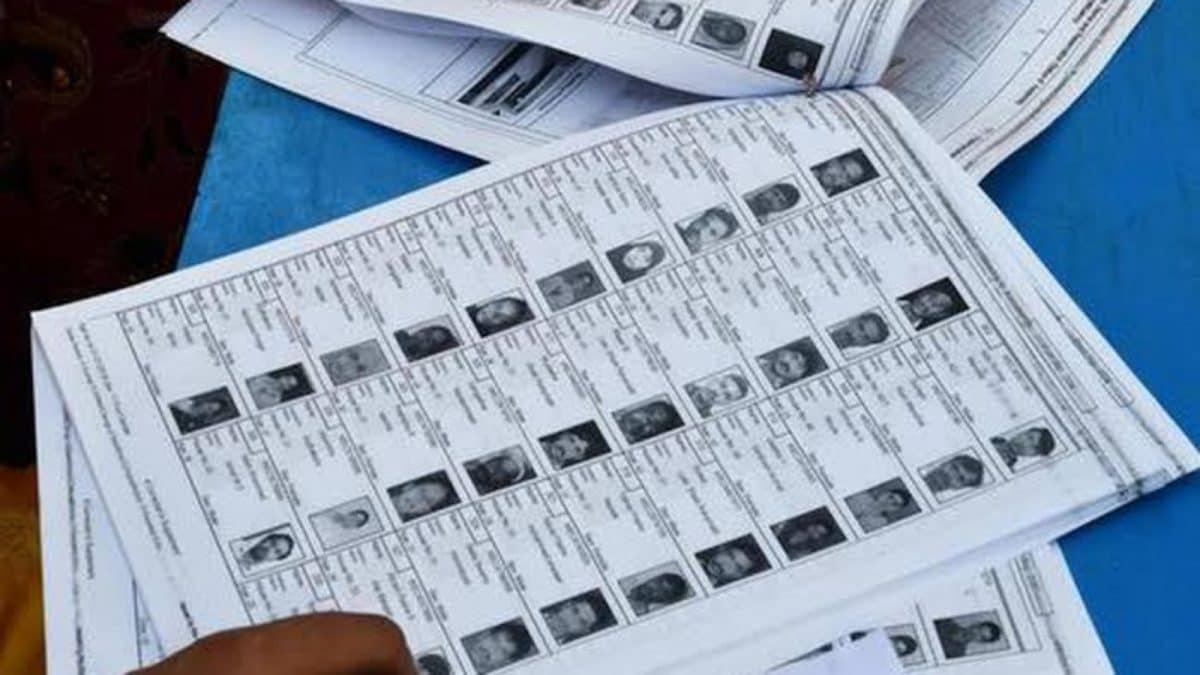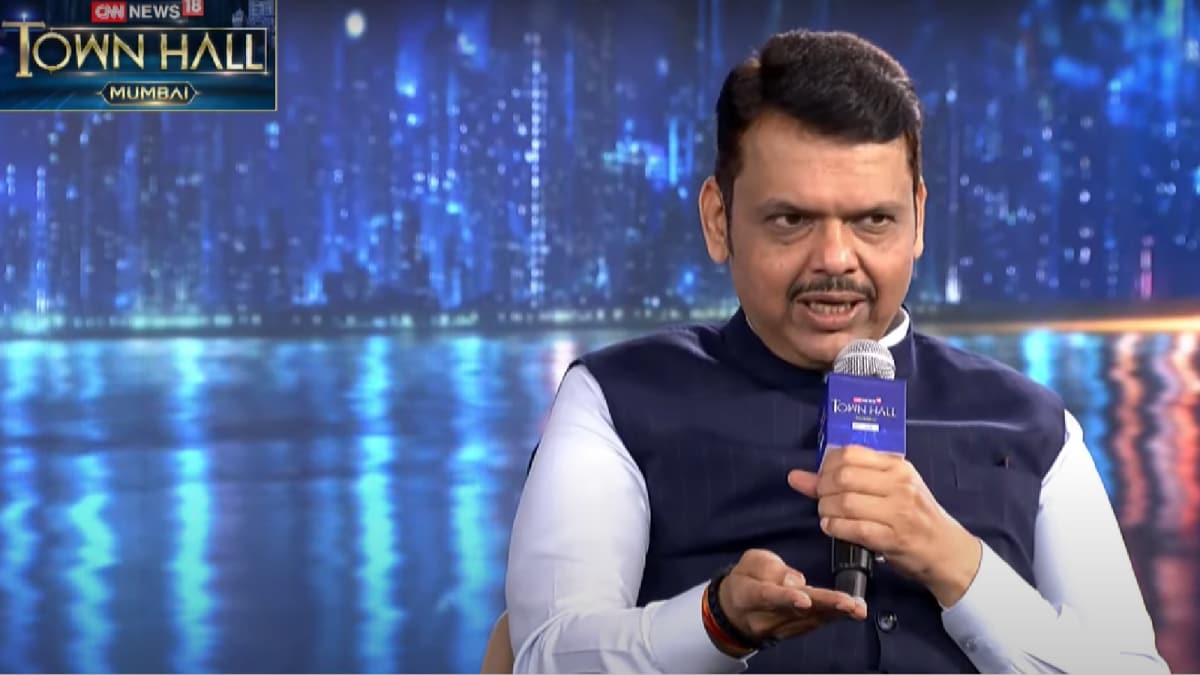Last Updated:
Shashi Tharoor’s tribute to LK Advani on his 98th birthday has reignited debate over Advani’s legacy, recalling the latter’s praise for Jinnah and his political decline

LK Advani’s influence in BJP declined after the 2009 Lok Sabha elections. (News18 Hindi)
Congress MP Shashi Tharoor’s recent tribute to senior BJP leader Lal Krishna Advani has once again brought the veteran politician back into the national spotlight. On Advani’s 98th birthday, Tharoor compared him to the country’s former prime ministers, Jawaharlal Nehru and Indira Gandhi. He wrote that just as Nehru’s legacy cannot be judged solely by the 1962 India-China war and Indira Gandhi’s career cannot be defined by the 1975 Emergency, the same generosity of assessment should be extended to Advani.
The remark, however, triggered a political storm. The Congress party promptly distanced itself from Tharoor’s comments, but the conversation revived public memory of Advani’s complex legacy, especially one controversial moment that nearly cost him his political career.
For decades, Lal Krishna Advani was one of the tallest figures in Indian politics. As a founding pillar of the Bharatiya Janata Party (BJP), he shaped its ideological framework and organisational strength. He played a central role in building the movement for the Ram Temple in Ayodhya and was instrumental in bringing the BJP from the margins of politics to the corridors of power. Yet, there was one episode in his long career when his own party turned against him; his visit to Pakistan in 2005, when he praised Muhammad Ali Jinnah.
It was a year after the BJP’s defeat in the 2004 Lok Sabha elections. Advani, then the Opposition leader, travelled to Pakistan in May 2005 for a six-day visit aimed at strengthening the peace process between the two countries. During his stay, he visited Islamabad, Lahore, and Karachi, meeting senior Pakistani leaders, including then-President Pervez Musharraf. The agenda was forward-looking, trade, cultural ties, and cooperation against terrorism. He also inaugurated the restoration work of the ancient Katas Raj Temple, a site of deep religious significance for Hindus.
But the turning point came when Advani visited the mausoleum of Pakistan’s founder, Muhammad Ali Jinnah, in Karachi. Accompanied by his wife Kamla and daughter Pratibha, Advani grew emotional at the site. In the visitor’s book, he wrote that while many people leave marks on history, “very few actually make history”, and Jinnah was one of them. He also praised Jinnah’s August 11, 1947 speech to Pakistan’s Constituent Assembly, calling it a vision of a secular state that guaranteed religious freedom to all citizens.
These remarks, released to the media by his aide Sudheendra Kulkarni, created an uproar back home. Within hours, the BJP and the Rashtriya Swayamsevak Sangh (RSS) were in shock. The RSS chief at the time, KS Sudarshan, publicly criticised Advani, saying Jinnah’s Pakistan was born out of religious division and could never be described as secular. BJP hardliners accused Advani of betraying the party’s core ideology. Protests broke out in several states, with party workers demanding his resignation.
Even though former prime minister Atal Bihari Vajpayee chose to remain silent, other senior leaders like Murli Manohar Joshi and Govindacharya voiced their disapproval. Under intense pressure, Advani was eventually forced to resign as BJP president.
The episode marked a turning point in Advani’s political journey. His attempt to project a more moderate image of Hindutva was seen by many as a move to make himself acceptable beyond the BJP’s core base. Ironically, while his stature outside the party grew, his influence within the BJP steadily declined.
By the time the 2009 Lok Sabha elections arrived, Advani was officially declared the BJP’s prime ministerial candidate. Yet, the party suffered a major defeat, partly attributed to the lack of enthusiasm among its own cadre and the RSS. The defeat deepened Advani’s isolation within the party.
Then came 2014. Narendra Modi emerged as the BJP’s new face, leading the party to a historic majority. From that point on, Advani gradually retreated from active politics. He last contested the Lok Sabha elections in 2014 and has since maintained a low profile, withdrawing from the political stage after the 2019 general elections.
November 10, 2025, 13:02 IST
Read More






